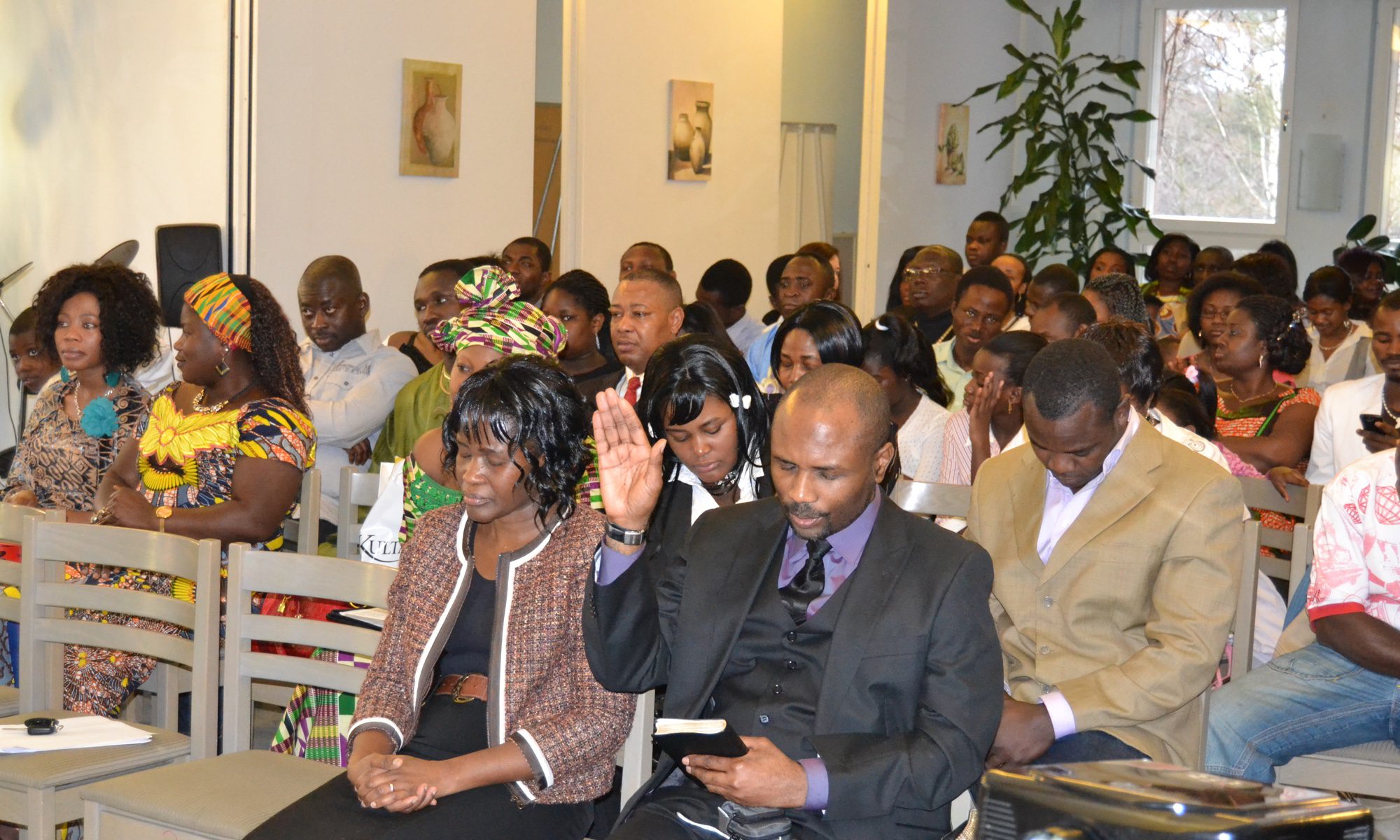Introduction
David writes that:
“The LORD is my shepherd; I shall not want. He maketh me to lie down in green pastures: he leadeth me beside the still waters. He restoreth my soul: he leadeth me in the paths of righteousness for his name’s sake” (Psa 23:1-3).
It was discovered in the previous Newsletter that God leads his people to Himself for them to receive comfort from Him. The truth is that if God does not lead us to Himself, we cannot be His children because it is written that as many as are led by the Spirit of God are the children of God. It is the Holy Spirit that adopts us to be the children of God, and He testifies to this effect (Rom 8:14-16). In our desperations, we need God to lead us to Himself. David knows this when he writes that “from the end of the earth will I cry unto thee, when my heart is overwhelmed: lead me to the rock that is higher than I” (Psa 61:2).
Self-leadership
After God has led us to Himself, He enlightens and empowers us to lead ourselves whilst He continues to protect us. Believers receive wisdom from God who gives it liberally to all those who ask Him (Jams 1:5). We need to mature in Christ from being baby-Christians into full-grown adults. Adults who could have clear vision and purpose for their lives and set realistic goals. Adults who are self-disciplined and endeavor to live to depend on Christ daily.
This means that people should not be seeking opportunities to lead others when they have not mastered leading themselves. As a leader, there is the need to regulate your own emotional and psychological behaviors appropriately. It is important to identify one´s strengths and maximize them while at the same time working on own weaknesses.
Christian must know their original purpose for living as a church, and they must be able to individually identify who they are. Self-knowledge is a key to self-leadership and self-actualization. One needs to take control over his/her abilities, gifts and talents. Effective management of personal resources including finances, and exercising control over the use of time, are key ingredients in self-leadership.
Leading your family
It is also important to add that God leads us to Himself and enables us to lead ourselves and our families. Leading families is a valuable thing to God. It is written that “if any provide not for his own, and especially for those of his own house, he hath denied the faith, and is worse than an infidel” (1Ti 5:8). In order words, if any person does not provide good leadership including basic necessities of life to his or her family, s/he is more than a wicked person. Such people do not qualify to be leading Christian congregations. This is evidenced in the scriptures which state the qualities of Christian leaders.
A church leader should be “one that ruleth well his own house, having his children in subjection with all gravity; (For if a man know not how to rule his own house, how shall he take care of the church of God?)” (1Ti 3:3-5). This is a question that all need to answer because Christians should take cognizance of the fact that the godly leadership of their families is highly appreciated by God. Our families or children must be led to God and to their destinies. Members of our families must be led to discover and rediscover their own purposes in life.
Parents are not supposed to coerce their children to do what they themselves could not do but to gently lead them to live lives of fulfillment while preserving their God-given uniqueness. Though the ultimate purpose of leading our families or children is to direct them to God, children should be empowered to occupy their rightful places in the society.
Conclusion
It has been discovered that when we have been led to Christ, He enlightens us to lead ourselves and our families in our daily lives. We do not, however, need to shift our personal responsibilities to God. We are to take authority over our own lives as the Holy Spirit leads us.
Prayer: Thank you Lord God Almighty for your leadership. We ask for your wisdom in making the right decisions and the wisdom in leading our families. Help us to learn to rely on you when we are caught up in difficult and in joyful moments. In Jesus´ name.

